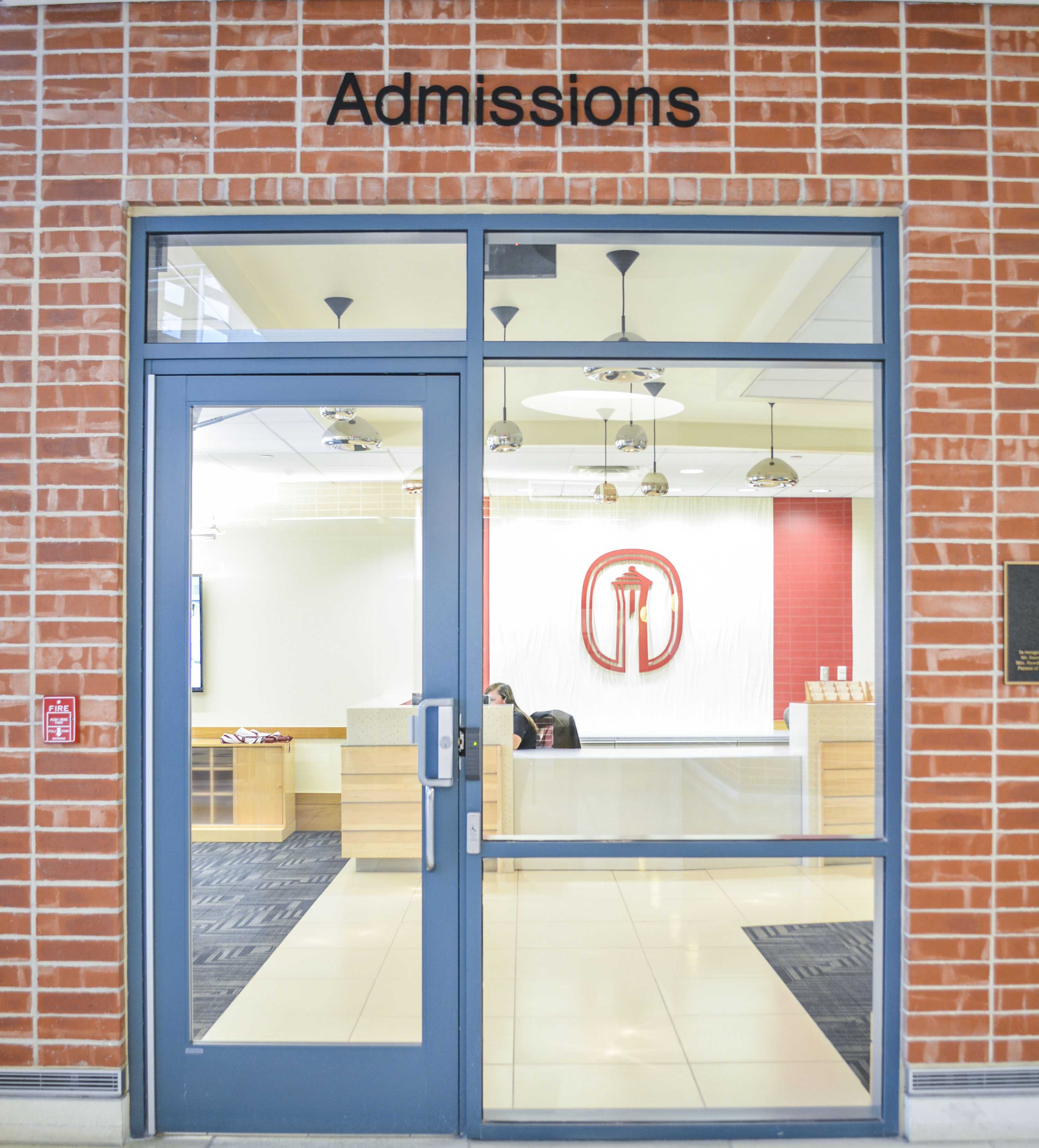Earlier last year, Trinity University’s Board of Trustees approved the university’s first official strategic plan, a plan that looks to fulfill Trinity’s maximum potential and push the school further into the public eye of the nation.
This plan, approved in May of 2013, is already underway, with new initiatives in marketing and advertising coming to the attention of many, including students here at Trinity. With billboards, signs and online advertisements on everything from Facebook to YouTube, advertisers hope the strategic plan will strengthen the brand and reputation of the university.
To Lisa Jasinski, Special Projects Coordinator, the new plan, called Trinity Tomorrow, is about strengthening the university’s reputation and identity in the years to come.
“Right now, Trinity will redefine liberal arts for the 21st century,” Jasinski said. “And what is interesting about this plan is what it will take to get there. It is pulling all the wagons in that direction, it’s giving a kind of coherence to that structure.”
The new plan looks to set in motion steps for the future of Trinity, with many steps already underway. One such step is the recent push toward advertising, a push many students have begun to realize.
To Charles White, vice president for information resources, the recent advertising is just one way the university is staying competitive.
“We have a billboard down on 281 that we are looking to change on a monthly basis, among other plans,” White said. “The philosophy behind it is that our competitors ““ Rice, TCU, SMU ““ they do a lot of marketing and we have rested on reputation and felt we didn’t need to do any marketing. I think the lower entering class issue and a general feeling was that we weren’t really standing up to that competition.”
To students as well, the new strategic plan is seen as a positive method for increasing diversity and strengthening the reputation of the school. To sophomore Cole Evans, these new strategies in advertisement and planning are beneficial to both incoming students and alumni.
“A dynamic advertising campaign like this one could help to not only increase class sizes, but also to help the university to become more culturally diverse,” Evans said. “Also in regards to alumni and current students, any measures that help potential employers and graduate schools to learn about Trinity should definitely be pursued”.
These changes also come in response to new demands brought forth by changing technology. With a revamped website and online advertisement, the university, according to Michael Fischer, Vice President for Academic Affairs, Dean of the Faculty and professor of English, is looking for ways to better represent and show what Trinity is all about.
“A lot of people ask “˜Why now?'” Fischer said. “A lot of it has to do with the proliferation of new media for talking about universities and we need to stay in touch with that. Technology has changed so much; you have to use the most effective media to make the best representation of your university.”
Alongside external aims to strengthen reputation for incoming students and alumni, the plan also looks to internally create a better sense of identity as to what Trinity represents and stands for.
“We are also going to be marketing internally to students and faculty to put people all on the same page as to what we are and who we are,” White said. “One thing we found was that people weren’t telling a consistent story about who we are at Trinity, and that is something we want to change.”
In regards to speculation and rumors of major changes surrounding the university name and colors and among others, the strategic plan makes no aim to revamp anything major, simply to better represent and strengthen the school’s brand.
“It is not an attempt to change the school but to make it even better known,” Fischer said. “It is a response to a feeling that Trinity is what many call a “˜hidden gem’ ““ it’s wonderful to be a gem, but no university wants to be hidden.”







